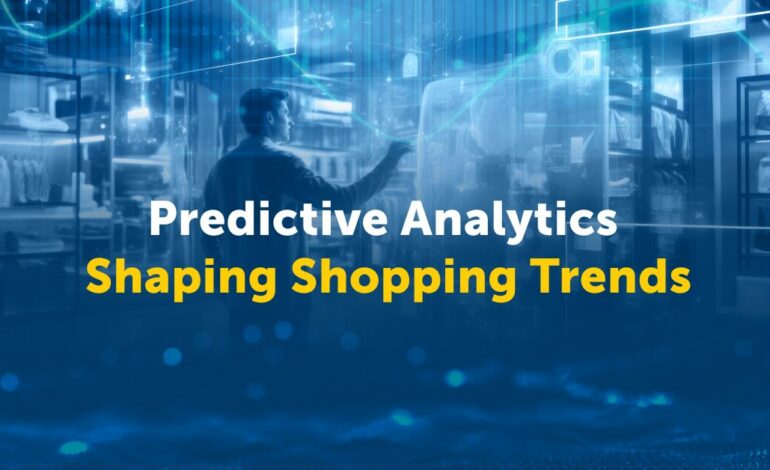
The retail industry is evolving rapidly, driven by the transformative power of Artificial Intelligence (AI). Among its most impactful applications, predictive analytics is revolutionizing how businesses understand and respond to consumer behavior. By analyzing vast datasets and identifying patterns, AI-powered predictive analytics helps retailers anticipate shopping trends, optimize operations, and deliver personalized customer experiences. Adopting these technologies is no longer optional for senior decision-makers—it’s essential to staying competitive.
At Fusemachines, we’re on a mission to democratize AI by making education, training, and solutions accessible to businesses worldwide. In this blog, we’ll explore how AI-powered predictive analytics is reshaping retail and why decision-makers must act now to embrace this revolutionary technology.
Understanding Predictive Analytics in Retail
Predictive analytics involves using statistical algorithms and machine learning techniques to identify patterns and forecast future outcomes based on historical data. This means leveraging customer data, purchasing trends, and market behaviors for the retail sector to make informed decisions.
By understanding these patterns, retailers can:
- Anticipate Customer Needs: Identify what products customers are likely to buy next.
- Enhance Marketing Strategies: Create targeted campaigns that resonate with specific customer segments.
- Improve Operational Efficiency: Forecast demand accurately, ensuring optimal inventory levels.
AI provides a strategic advantage for senior managers and decision-makers, enabling faster, data-driven decisions that align with market demands.
Book a meeting with an AI expert and learn how Fusemachines can help your business embrace AI and transform retail operations.
Key Applications of Predictive Analytics in Retail
- Personalized Customer Experiences
Today’s customers expect tailored interactions. Predictive analytics helps retailers analyze browsing behavior, purchase history, and preferences to offer personalized recommendations and promotions. For example, e-commerce platforms use these insights to suggest products that align with individual tastes, increasing conversion rates and customer satisfaction. - Inventory Management and Demand Forecasting
Predictive analytics ensures businesses maintain inventory levels by analyzing past sales data, seasonal trends, and market dynamics. This reduces the risk of overstocking or stockouts and optimizes supply chain operations, saving costs and enhancing profitability. - Dynamic Pricing Strategies
Pricing can make or break a sale in an increasingly competitive market. Predictive models analyze factors like demand, competitor pricing, and customer behavior to enable real-time price adjustments. This approach maximizes revenue while ensuring competitive pricing for customers. - Customer Retention and Loyalty Programs
Predictive analytics can identify customers at risk of churning and offer timely interventions, such as exclusive discounts or loyalty rewards. Businesses can design programs that keep customers engaged and loyal over the long term by analyzing behavioral patterns.
Benefits for Senior Decision Makers
- Enhanced Decision-Making
With predictive analytics, decision-makers gain access to actionable insights in real time. Whether it’s adjusting marketing strategies or optimizing operations, these insights empower leaders to make data-driven choices that drive results. - Operational Efficiency
Predictive analytics reduces costs and improves efficiency by streamlining processes such as inventory management and supply chain optimization. This allows businesses to focus resources where they’re needed most. - Competitive Advantage
Staying ahead of the curve is critical in today’s retail landscape. Predictive analytics enables businesses to anticipate market trends and adapt proactively, maintaining a strong position against competitors. - Scalability and Growth
AI-powered tools can scale alongside business growth, ensuring companies can meet increasing demands without compromising quality or efficiency.
Bottom Line
The retail industry is at a tipping point, and AI is driving the transformation. By leveraging this technology, businesses can unlock deeper customer insights, streamline operations, and gain a competitive edge in an ever-changing market.
For retail decision-makers, the time to act is now. Fusemachines offers a suite of AI products and solutions tailored to help businesses thrive in this new era of AI-driven retail. With our commitment to democratizing AI, we provide the tools and expertise to make predictive analytics accessible and impactful for businesses of all sizes.
Book a meeting with an AI expert and learn how Fusemachines can help your business embrace AI and transform retail operations.


